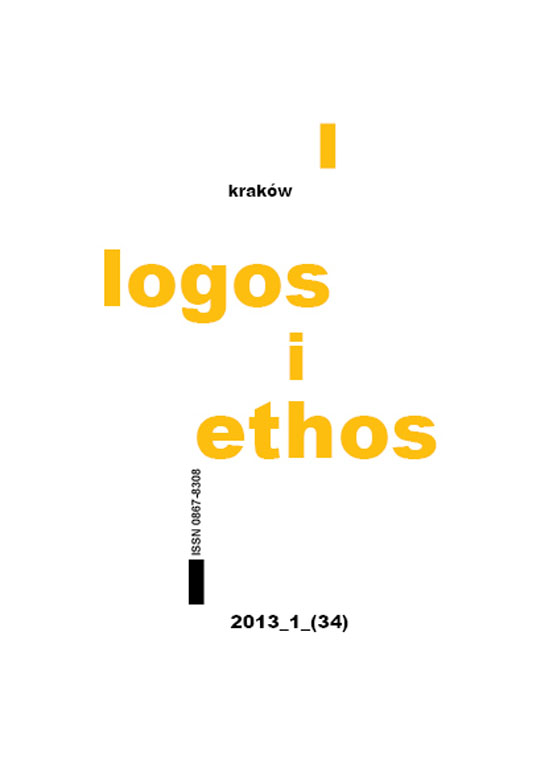Człowiek i jego wolności
DOI:
https://doi.org/10.15633/lie.168Abstrakt
In this paper I present the limitations for the development of human beings that result from the understanding of the term freedom which is present in some contemporary philosophical conceptions. Projects of negative freedom developed by liberalism, naturalism and postmodernism are successively discussed and, in the final part, confronted with Christian positive freedom. It is emphasized that each discussed proposition of negative freedom leads to further “enslavement” and only the freedom that is based on identification and affirmation of one’s values and aims can lead to an authentic, free and, at the same time, responsible individual development. Furthermore, such a freedom “opens” a person for the other people and provides a better basis for creating a just social order. The aim of this paper is also to prove, that such a conception of freedom is more coherent with the spontaneous, dynamic human nature than the defeatist views of some postmodern philosophers, and also, that it explains the achievements of human culture far better than they do.
However, in order to be legitimated, this conception needs reference to the transcendence. Without assuming a perspective of infinity, all our decisions would be meaningless. As human beings we a free to make a choice. Either to make decisions so that our lives and decisions will constitute a world of meaning, or, by escaping from decision making, we agree to chaos and uncertainty.
Pobrania
Opublikowane
Numer
Dział
Licencja
Prawa autorskie (c) 2013 Władysław Zuziak

Utwór dostępny jest na licencji Creative Commons Uznanie autorstwa 4.0 Międzynarodowe.
Autorzy publikujący w czasopiśmie udzielają jego wydawcy zgody o następującej treści:
- Autor zachowuje autorskie prawa majątkowe do utworu, a jednocześnie udziela wydawcy czasopisma zgody na jego pierwszą publikację w wersji drukowanej i wersji online na licencji Creative Commons Uznanie autorstwa 4.0 Międzynarodowe oraz zgody na wykonywanie opracowań, w tym przekładów.
- Autor ma możliwość udzielania zgody niewyłącznej na opublikowanie utworu w wersji, która ukazała się w czasopiśmie (np. zamieszczenia go w repozytorium instytucjonalnym lub opublikowania w książce), wraz z informacją o jego pierwszej publikacji w czasopiśmie.
- Autor może umieścić swój utwór online (np. w repozytorium instytucjonalnym lub na swojej stronie internetowej) jeszcze przed zgłoszeniem utworu do czasopisma.

